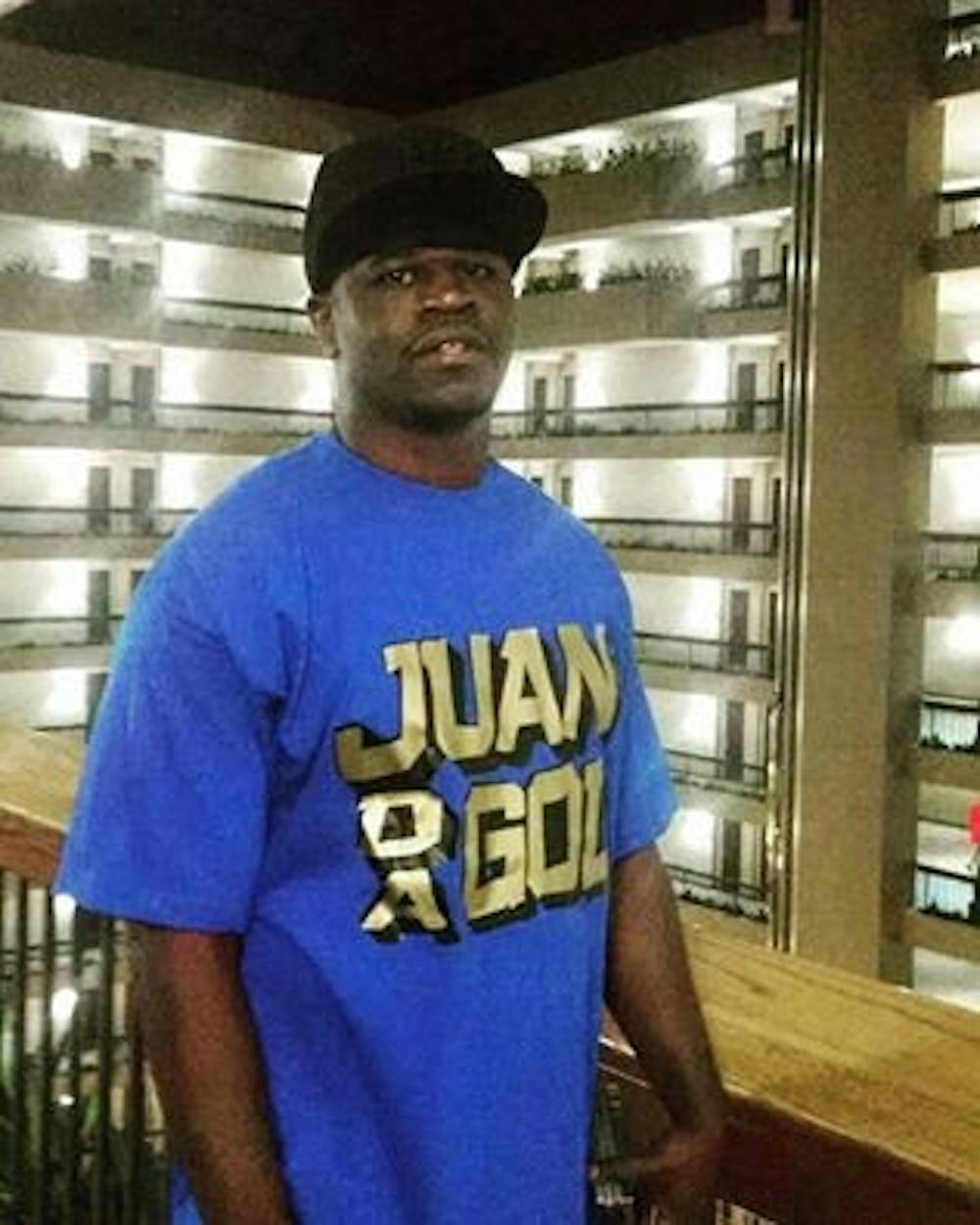In April 2013, McPhaul was arrested for disorderly conduct, public intoxication and resisting arrest outside a near-campus bar after he prevented officers from administering a field sobriety test to his friend, according to university police.
After the arrest, McPhaul claimed Ball State police falsely arrested him and deleted a cellphone video he shot. In addition to these claims, he also claimed university police used excessive force against him, The Muncie Star Press reported.
During his arrest, a Ball State police officer executed a “leg sweep,” which brought them both to the ground and caused McPhaul’s cellphone to fly out of his hand, according to reports. McPhaul claimed his cellphone was recording the situation when it flew out of his hands, so the officer wouldn’t have needed a security code to access it and delete the video.
U.S. District Judge Jane Magnus-Stinson has been on the case and has dismissed McPhaul’s claim that Ball State police falsely arrested him and deleted a cellphone video.
However, she declined to throw out McPhaul’s claim that university police used excessive force against him.
Magnus-Stinson ruled there wasn’t enough evidence to support McPhaul’s claims that police deleted the video on his phone, according to reports. She also ruled police had probable cause to arrest McPhaul for disorderly conduct and public intoxication, but she determined it’s less clear whether he resisted arrest, so the use of force may have been excessive.
McPhaul is representing himself in the lawsuit from prison, where he’s serving a two-year sentence stemming from a separate incident with Ball State police in December 2013, according to reports. McPhaul's criminal record also includes an armed robbery conviction and a felony in possession of body armor.
While he was seeking $200,000 in damages and wanted the officers involved in the incident to be fired, the university agreed to settle the case with $10,000 to McPhaul.
University spokesperson Joan Todd said Ball State was confident they could have prevailed in court, but chose to settle to avoid more costs that a trial would bring.
The lawsuit has cost Ball State more than $80,000 in legal fees so far.
This situation is similar to many that have been in the news recently: police being accused of using excessive force.
This is an issue that has caught the attention and opinions of many like Shelby Leveritt, a junior social work and women's and gender studies major.
"I feel that the police using excessive force stems from fear and lack of options when confronting a tense situation," Leveritt said. "When Dallas happened, a media outlet released an article about how they changed their training strategy, and I think that if we used that to train the rest of our police force then we might have a tool to combat the problem."
To Leveritt, one of the biggest issues is the way media covers these situations.
"If you look at the news headlines, they always discredit the victim with some tweet, Facebook photo or anything that would put this person in a compromising position," Leveritt said. "In relation to the police, they use these things to justify why the person was shot or was a victim of excessive force. I've noticed it more with black and Hispanic victims than white European-looking victims."
This issue is not one that will change without proper training, she said.
"I think that unless we decide to change the training, then we change the problem," Leveritt said. "Until then, we have to watch news stations full of bigotry and racism."





